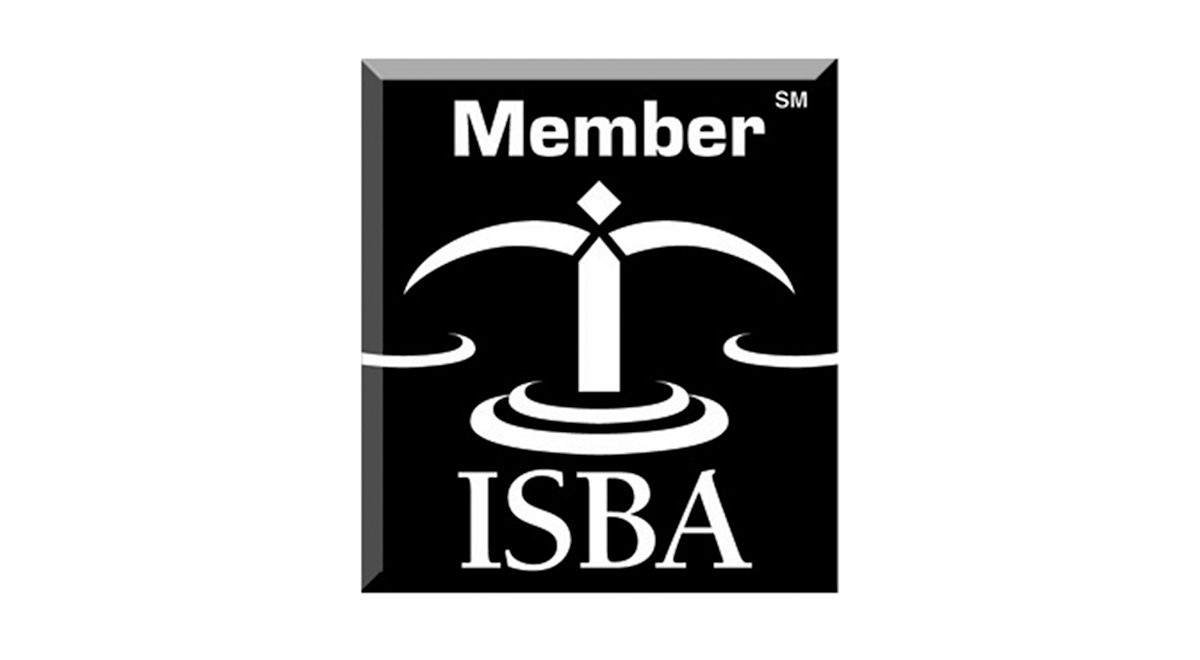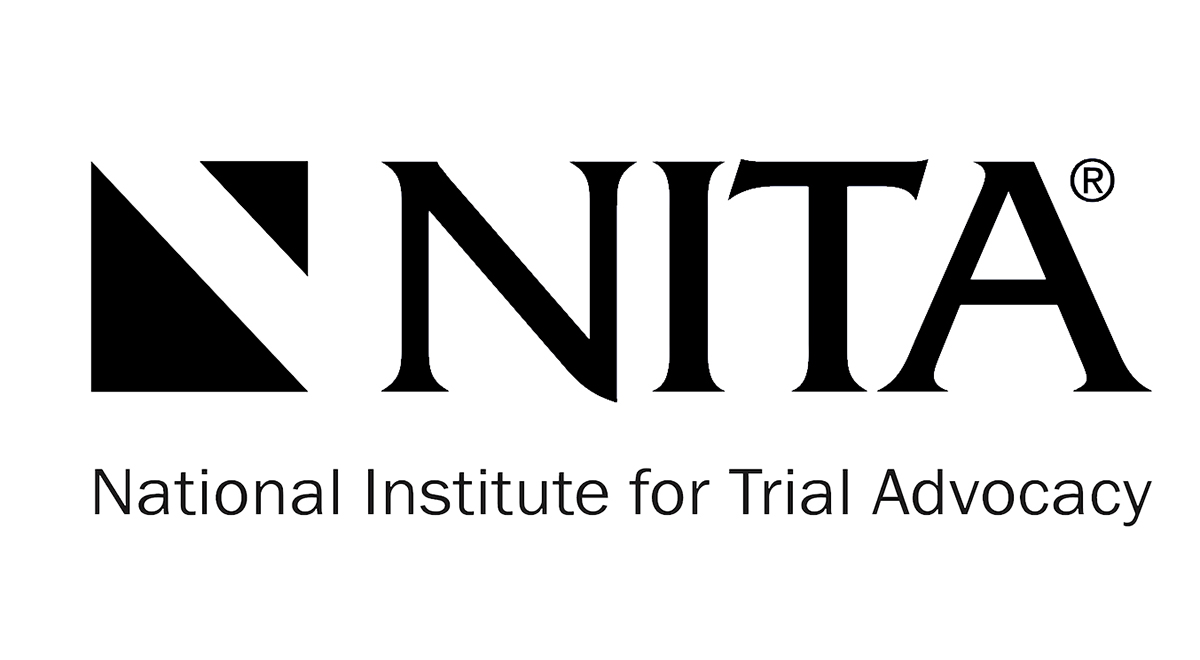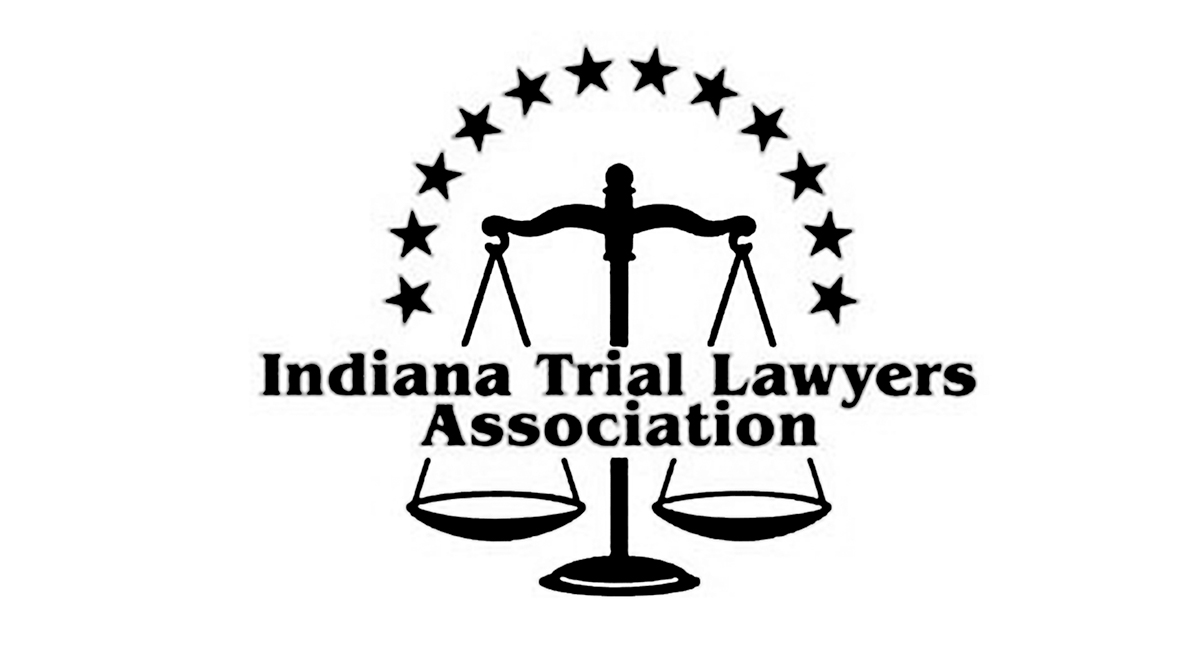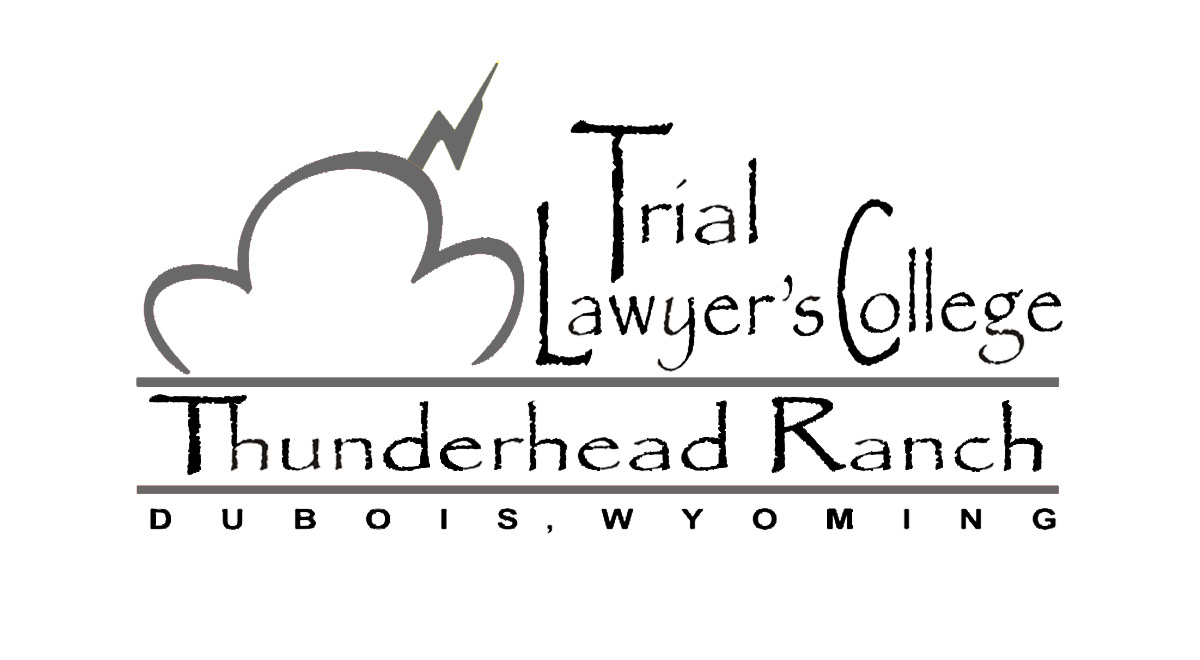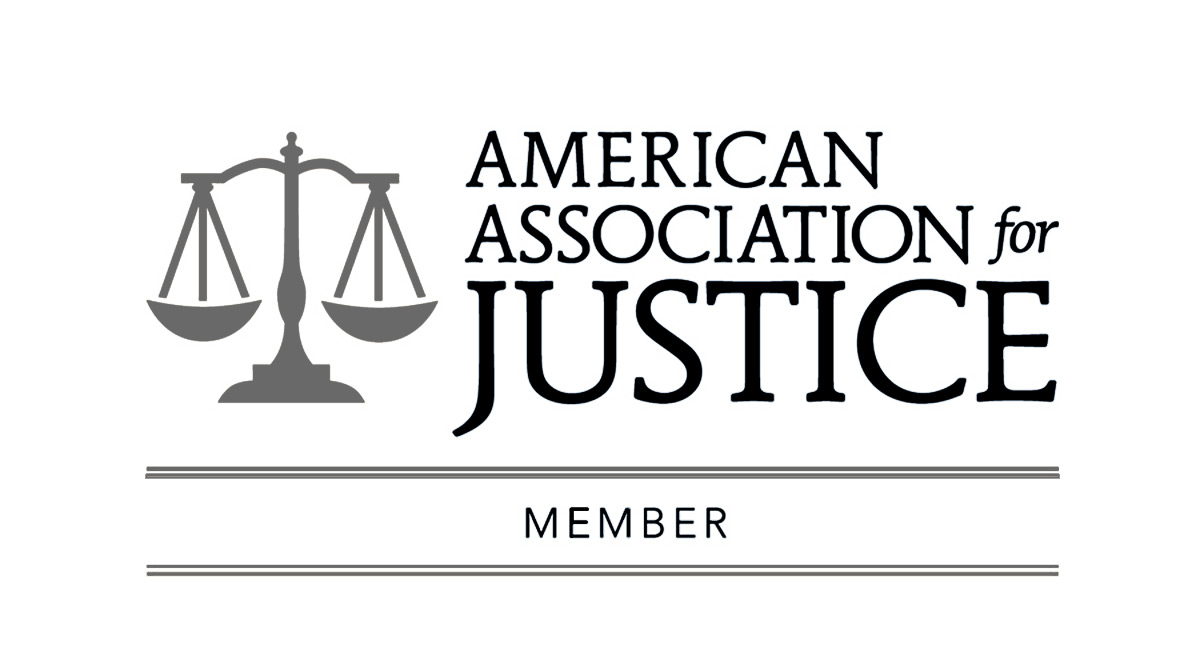
Is your loved one living in a nursing home in Indiana? Were they a victim of abuse by the staff or another resident? If so, contact Custy Law Firm | Accident & Injury Lawyers immediately to seek the compensation your family deserves for their suffering.
Abuse is a horrific experience for anyone. It’s difficult to imagine that a caretaker would take advantage of an older adult who can’t defend themselves. When you make the tough decision to move your loved one into a nursing home, you assume they’ll receive quality care. You would never question the ability of the staff members to keep them safe. Unfortunately, nursing home abuse is a reality many families must face.
Abuse comes in many forms, and if your loved one sustained injuries or passed away, you can hold the nursing home liable. At Custy Law Firm | Accident & Injury Lawyers, our Indiana nursing home abuse lawyers will help you fight for justice and hold parties responsible for their negligent actions. Call us today at (219) 286-7361 to schedule your free consultation.
Types of Nursing Home Abuse
There are six major forms of nursing home abuse an elderly patient could experience: physical, emotional or psychological, sexual, financial, neglect, and abandonment. They each come with various signs and can cause a range of injuries. Some can even lead to death. If you notice your loved one exhibiting any of the symptoms below, you should seek immediate action to investigate the situation and discover if abuse occurred.
Physical Abuse
Physical abuse is the result of physical force that causes bodily injuries or fatality. The most common signs of elder physical abuse in a nursing home include:
- Sprains
- Unexplained bruises, cuts, or burns
- Dislocated joints
- Broken or fractured bones
- Tooth loss
- Hair loss
- Fear of specific people
- Multiple treatments of similar injuries
Emotional or Psychological Abuse
Emotional and psychological abuse against a nursing home resident is the intentional infliction of pain, fear, or distress. It’s more difficult to discover this form of abuse since physical harm typically doesn’t occur. It’s crucial to look for specific behavioral changes if you suspect emotional or psychological abuse.
The nursing home staff could inflict emotional or psychological abuse with the following actions:
- Intimidation
- Isolation
- Threatening
- Humiliation
- Terrorizing
- Name-calling or insults
- Preventing access to personal belongings
Common signs could include:
- Depression
- Avoiding eye contact with other people
- Mood swings
- Withdrawal from friends, family, and favorite activities
- Low self-esteem
- Difficulty eating
- Change in sleeping patterns or insomnia
- Feeling uncomfortable around certain individuals
Sexual Abuse
Someone who commits sexual abuse will force unwanted sexual acts on their victim. That can include forced sexual acts with an elderly patient that has a physical or mental disability.
The signs you should look for include:
- Bleeding from the anus or genitals
- Genital or anal pain
- Pelvic injuries
- Panic attacks
- Bloody or torn undergarments
- Diagnosis of a new STD
- Bruised inner thighs or genitals
- Trouble walking or sitting
- Withdrawal emotionally or socially
Financial Abuse
Financial abuse is the unauthorized, improper, or illegal use of someone else’s finances. It’s the least common type of abuse that happens in nursing homes, but it’s possible.
The most common warning signs you might notice include:
- Bank statements or canceled checks mailed to the abuser’s home
- Your loved one discussing financial arrangements that don’t come with documented proof
- An eviction notice, discontinued utilities, or unpaid bills
- ATM withdrawals that your loved one didn’t make
- Missing personal property
- A staff member showing an unusual interest in your loved one’s financial standing
Neglect
Neglect occurs when someone’s caregiver fails to protect them from harm or doesn’t meet their basic needs. When a nursing home patient is the victim of neglect, they might sustain an injury. You might assume a staff member’s actions were a simple accident; however, this form of abuse is intentional and puts elderly individuals in unsafe situations.
The most common signs of elder neglect include the following:
- Malnutrition
- Bedsores
- Poor hygiene
- Dehydration
- Dirty clothes
- Disheveled appearance
- Hazards throughout the facility
- Dirty or disorganized living space
Abandonment
Abandonment and neglect are similar and often coincide. It’s the result of a caregiver intentionally abandoning their patient. Abandonment can come in the form of a nurse leaving their patient in a wheelchair for hours or ignoring their request for assistance getting to the bathroom. This type of abuse can cause severe injuries if a disabled resident attempts to walk, eat, or perform a task independently.
To determine if your loved one is suffering from abandonment, watch for the signs below:
- Unexplained injuries
- Feeling depressed or lonely
- Dehydration
- Poor hygiene
- Malnourishment
- Seeming scared, confused, or lost
Take Immediate Action If You Suspect Nursing Home Abuse
If you believe your loved one was the victim of some type of abuse, you should follow the steps below. It’s vital to keep them safe and take the steps needed to hold the nursing home liable for negligence.
- Try to stay calm. This is a stressful situation, but making accusations without proof or disrespecting staff members could make the problem worse.
- Talk to your loved one in private about their injury, change in behavior, or other signs you noticed. Be sure to ask specific questions about any incidents that caused physical or emotional harm.
- Report the abuse to the nursing home staff. They should write an incident report to add to their resident’s file and give you a copy. You can also notify local law enforcement and request a copy of the police report.
- Transfer your loved one to another facility or bring them to the hospital for treatment of their injuries. You need to remove them from the nursing home immediately after you suspect there was abuse to keep them safe and get them the care they need.
- Keep detailed notes about the incident, such as witness names, staff members who allegedly committed the abusive acts, and injuries your loved one sustained.
- Maintain records of medical treatment, imaging reports, prescriptions, billing statements, and other documents associated with the abuse.
- Hire an Indiana nursing home abuse lawyer to help you with your case. Custy Law Firm | Accident & Injury Lawyers has the experience, resources, and knowledge to locate sufficient evidence and determine who was at fault.
The Reasons Behind Nursing Home Abuse
The most common reasons for nursing home abuse include:
- Inexperienced staff
- Negligent hiring
- Understaffed nursing home
- Inadequate supervision or training
Unfortunately, many nursing facilities don’t have enough staff members to provide quality care to the residents. If nurses feel overworked, they take out their frustration on their patients by harming them. Their exhaustion could also cause neglect and the failure to follow proper protocol. If they have too many responsibilities because there aren’t enough nurses to share the workload, they could ignore patients that require their assistance while completing other tasks.
Nursing homes are supposed to hire experienced and qualified staff members. Individuals who don’t know how to interact with their patients could cause injuries or engage in inappropriate behavior.
Sadly, the nursing home residents that suffer the most from abuse include those who have a physical or mental disability. Patients who need assistance with routine tasks, such as showering, typically can’t defend themselves or notify their families of the harm they endured.
The following groups of older adults are most at risk of abuse:
- Mental illness: A resident with anxiety or depression might find it difficult to talk about the abuse they experienced. Fear could prevent them from coming forward. They might think no one will believe them, or their abuser will retaliate.
- Cognitive illness: If a patient has dementia, they could forget that someone abused them or not have the ability to communicate effectively. Cognitive illnesses that affect motor skills could prevent them from fighting off their attacker.
- Wealthy residents: A staff member that knows about their patient’s wealth could take advantage and access bank accounts or steal valuable possessions.
- Physical disability: Residents with a physical disability require their nurse to assist them with getting dressed, showering, or walking to the bathroom. If they’re unable to care for themselves, they’ll have a tough time defending themselves against their abuser.
- Women: Women are more likely than men to become a victim of abuse. Some people view female nursing home residents as weak. Abusers will take advantage of someone they believe can’t fight back.
What Should I Do If I Can’t Afford to Hire a Lawyer?
 Seeking legal representation is the best decision you could make. If the nursing home was responsible for your loved one’s abuse, you need an experienced lawyer to handle it. You might worry about the cost of retaining a law firm and choose to save money by handling the case yourself. Unfortunately, you could end up with much less money than you deserve or nothing at all.
Seeking legal representation is the best decision you could make. If the nursing home was responsible for your loved one’s abuse, you need an experienced lawyer to handle it. You might worry about the cost of retaining a law firm and choose to save money by handling the case yourself. Unfortunately, you could end up with much less money than you deserve or nothing at all.
Our Indiana nursing home abuse lawyers work on a contingency-fee-basis. That means we don’t expect upfront legal fees when you hire us. We won’t expect you to pay us unless we recover compensation. If we don’t win your case, you won’t owe us any money.
We’re Ready to Fight for You
Your loved one deserves compensation for the suffering they endured. We know you’re struggling, and you can depend on us to help you navigate the complicated legal process. Our legal team at Custy Law Firm | Accident & Injury Lawyers will take care of every aspect of your case and work hard to win the maximum financial award available.
Call us at (219) 286-7361 to schedule a free consultation and discuss your loved one’s nursing home abuse case.

